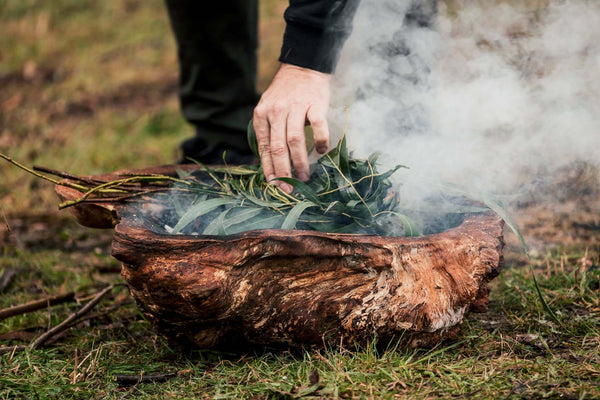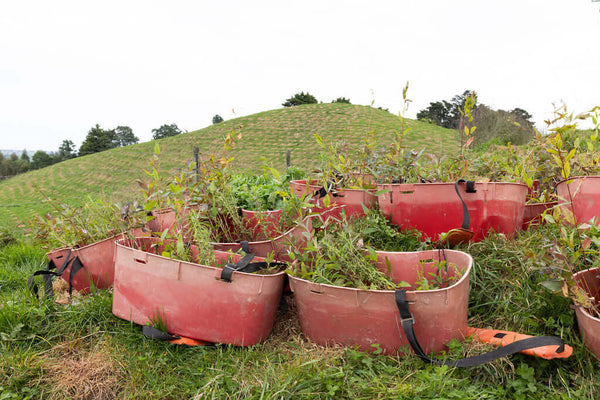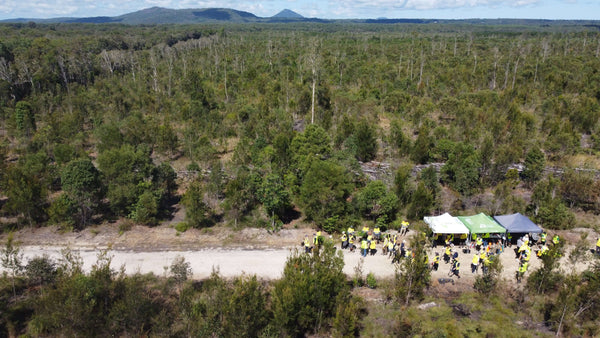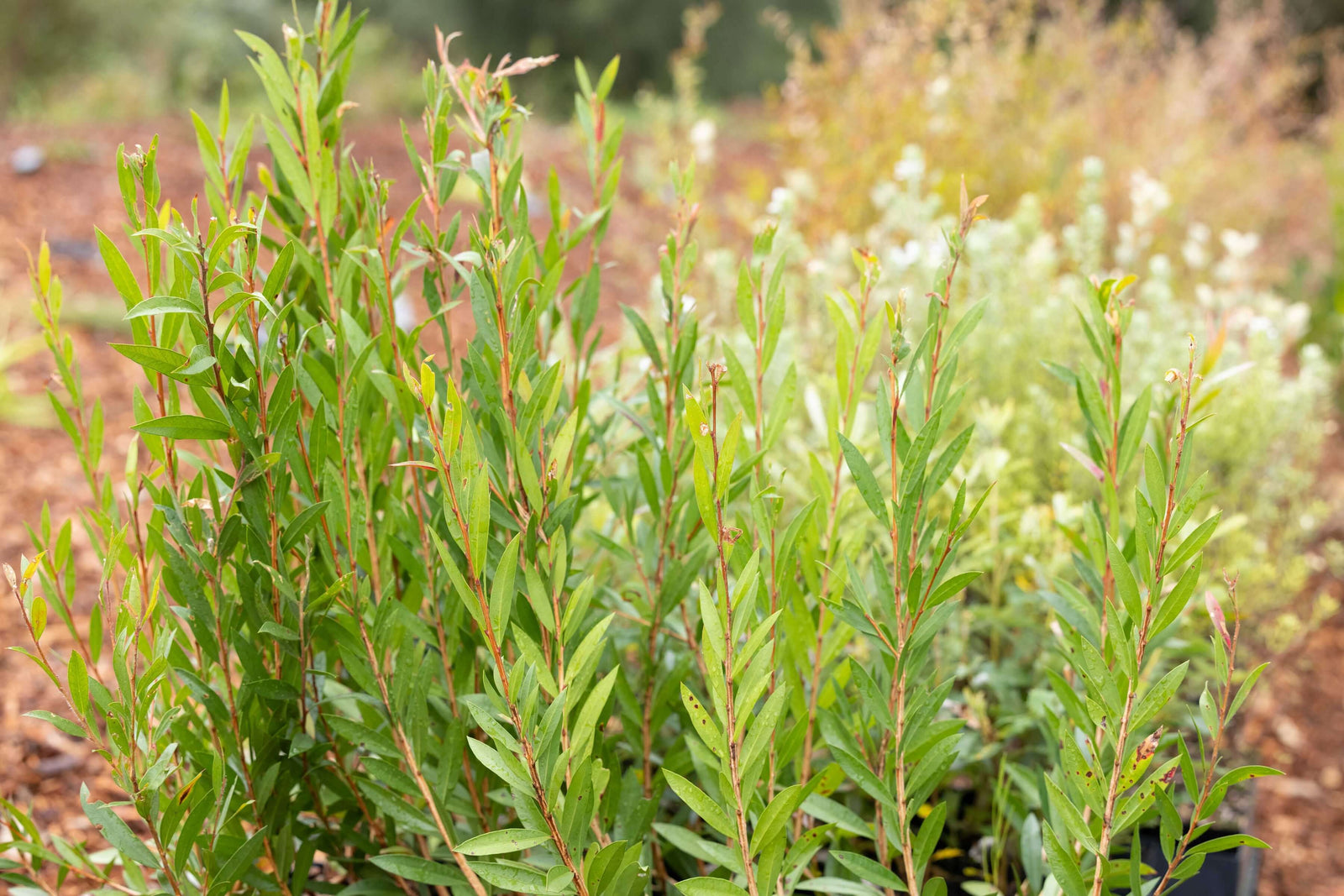Our Reconciliation Plan
By restoring and protecting Australia’s native forests, Greenfleet understands that we are working with the longest-standing land managers on Earth. We have steadily-developing relationships with Traditional Owners and our Reconciliation Action Plan (RAP) helps to formalise our commitment in this space.
In 2025, Greenfleet is activating our Reflect RAP and we look forward to using this as a tool to help drive further reconciliation action within our organisation and network.
When reflecting on the importance of this work, Greenfleet CEO, Wayne Wescott, said “we recognise that by restoring native ecosystems in Australia, we have a unique opportunity to work with the longest standing land managers on Earth. We are confident that by carefully growing authentic partnerships with Traditional Custodians, outcomes for climate, nature and reconciliation can be improved.”

What is a Reconciliation Action Plan?
A Reconciliation Action Plan (RAP) is a structured and formalised process for organisations to support the movement of Reconciliation with Aboriginal and Torres Strait Islander peoples in Australia. Reconciliation Australia is the lead body that supports businesses to build respect and improve outcomes for First Nations peoples.
There are four RAP types; Reflect, Innovate, Stretch and Elevate, each focussing on the areas of relationships, respect, opportunity, and governance.

Greenfleet’s Reflect RAP
The establishment of our Reflect RAP recognises Greenfleet’s commitment to reconciliation. While we work directly with Traditional Owners through the establishment of our native ecosystem restoration projects, having a formalised RAP in place helps guide further reconciliation within our organisation and network.
To fulfil our RAP commitments, we have established a Reconciliation Action Plan Working Group (RWG). Chaired by Greenfleet’s Deputy CEO, Annabel O’Neill, this group is made up of staff members from across the organisation.

Some of the priorities outlined in Greenfleet’s RAP include:
- Establish and strengthen mutually beneficial relationships with Aboriginal and/or Torres Strait Islander stakeholders & organisations.
- Promote reconciliation through our sphere of influence.
- Build respect for Aboriginal and/or Torres Strait Islander cultures and histories by celebrating NAIDOC Week and National Reconciliation Week.
- Increase Aboriginal and/or Torres Strait Islander supplier diversity to support improved economic and social outcomes.
Ongoing Commitment To Reconciliation
Greenfleet’s RAP formalises our commitment and allows us to reflect on the existing relationships we have established through our work. Some of these include:
- Boonwurrung people at Strzelecki Nature Link: In South Gippsland we have worked with the Boonwurrung Land and Sea Council for many years. This includes engaging Boonwurrung linguists to rename one of the sites to Wurneet Laang Laang, meaning stony creek. We also engage in regular Welcome to Country and smoking ceremonies for our team and supporters and are involved in ongoing conversations about how we might utilise traditional practices.
- Djarra people in Central Victoria: Greenfleet’s revegetation approach at Ngulambarra included the planting of culturally significant food and fibre grasses for cultivation and utilisation in traditional practices.
- Kabi Kabi people in the Noosa Hinterland: At Yurol-Ringtail, we are working with the Kabi Kabi Peoples Aboriginal Corporation to restore around 900 hectares to native forest and provide direct economic benefits to their community. In a landmark 2024 decision, Kabi Kabi’s Native Tile claim was formally recognised, acknowledging them as the Traditional Owners of Queensland’s Sunshine Coast.
We look forward to continuing our reconciliation journey, strengthening our existing relationships, and establishing new ones as we work through our RAP in 2025. You can learn more about Greenfleet’s partnerships with Traditional Owners here and read our Reconciliation Action Plan below.


